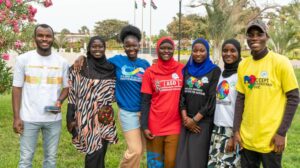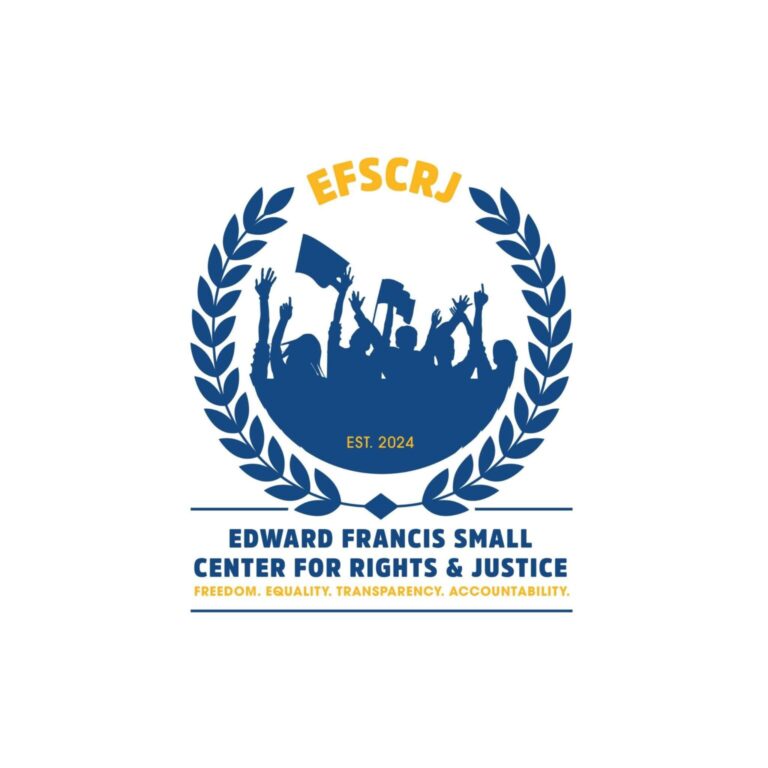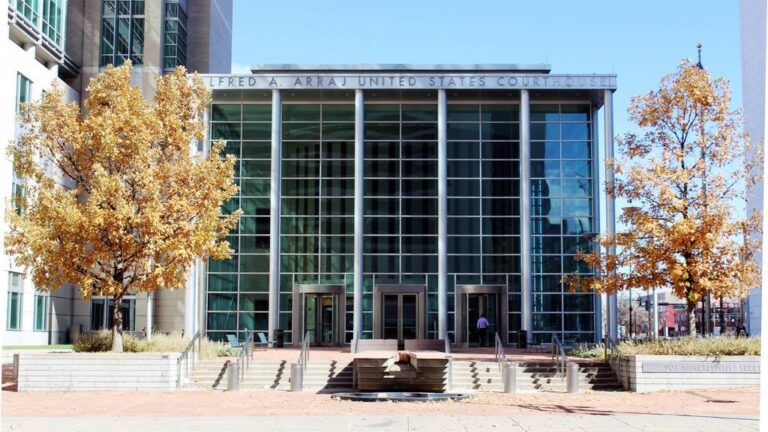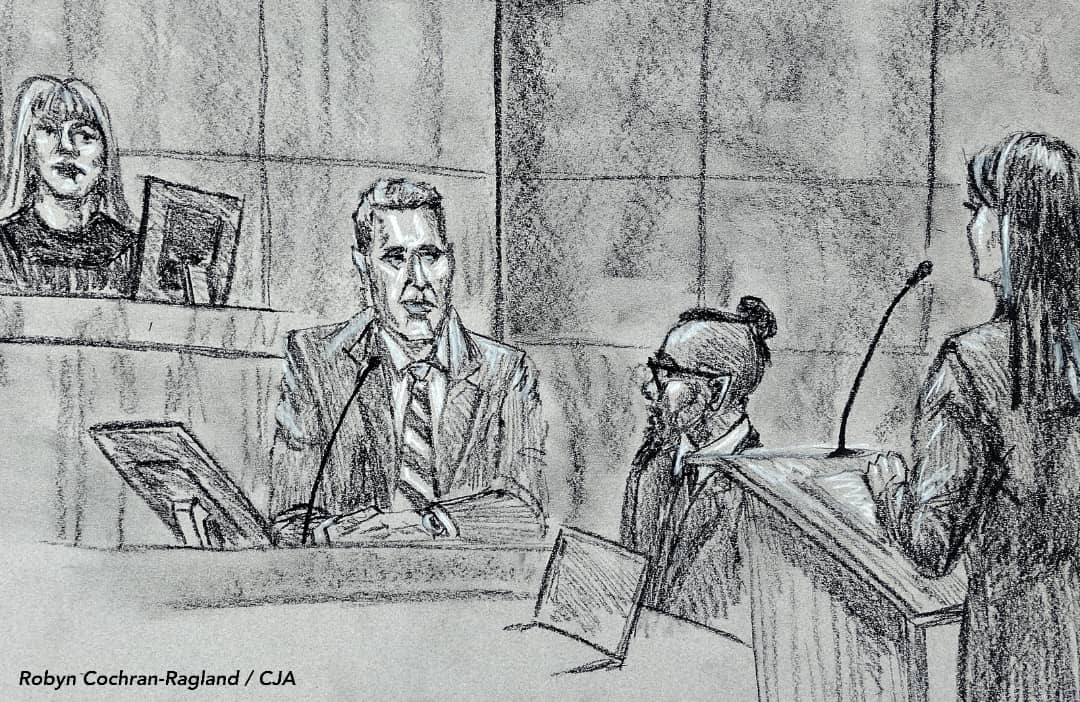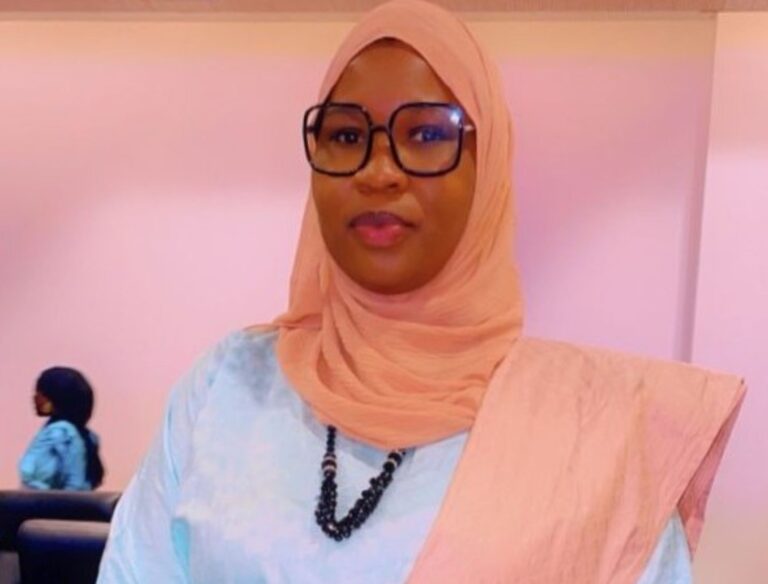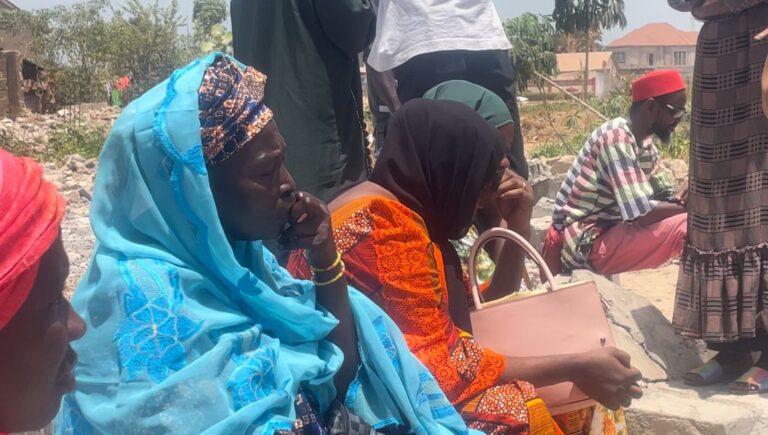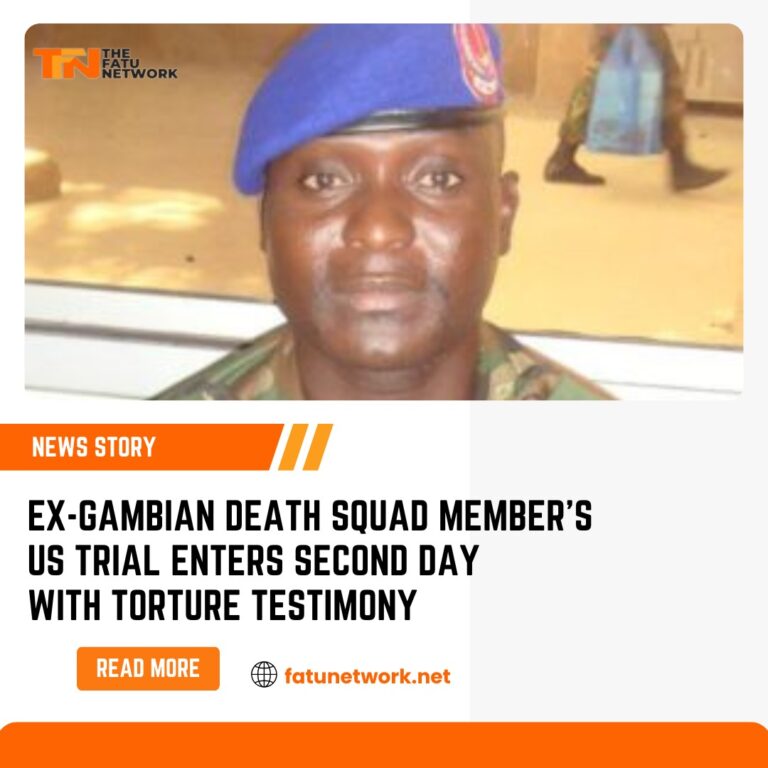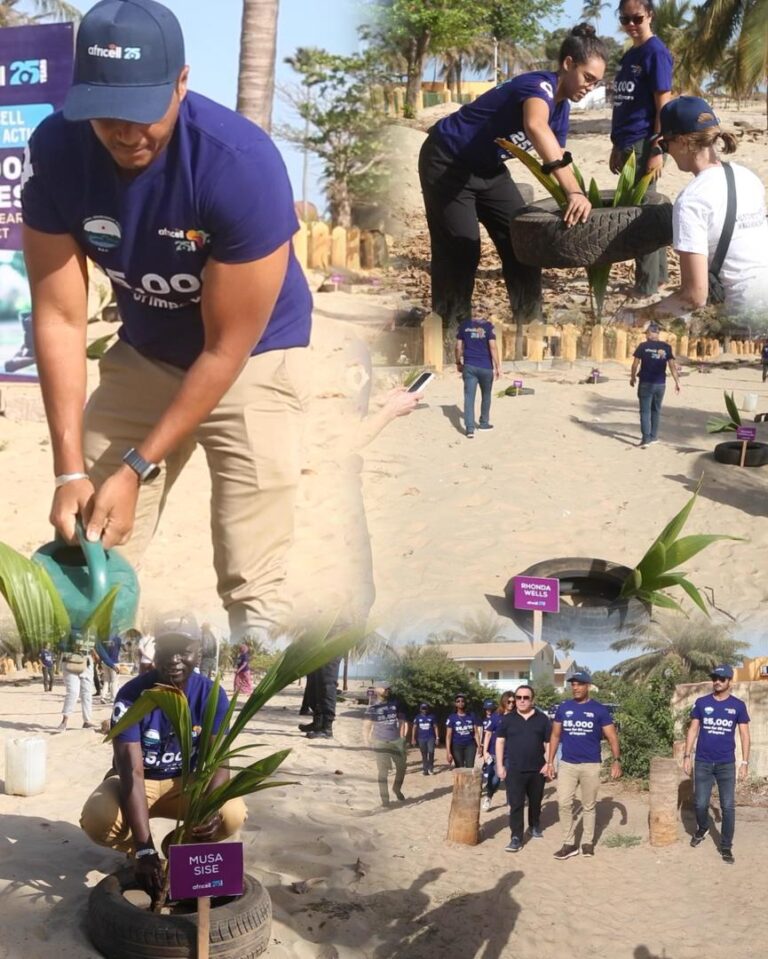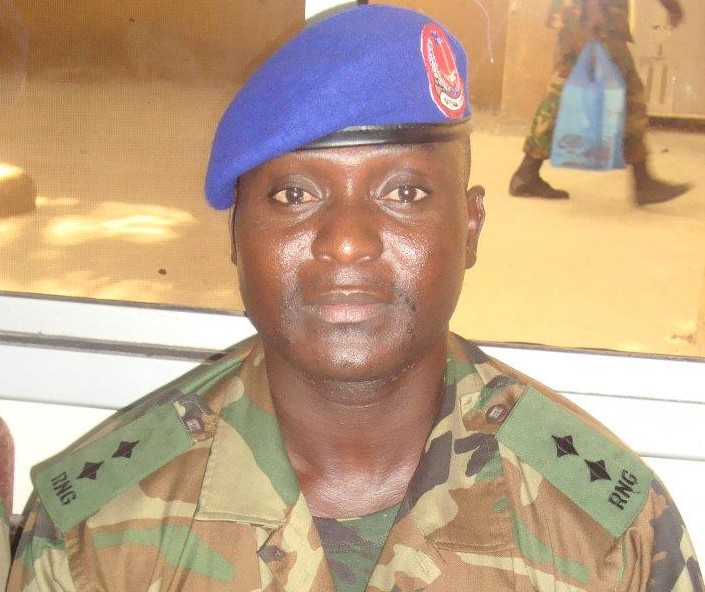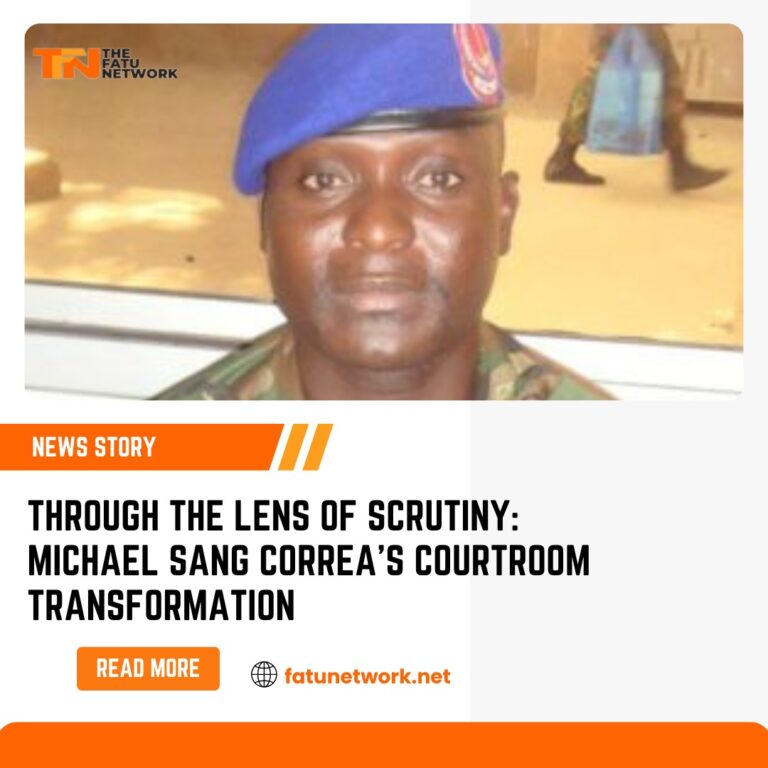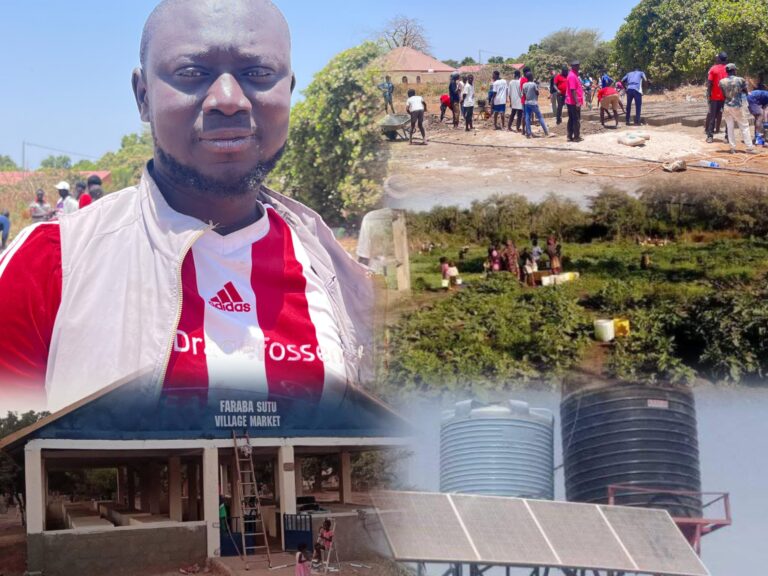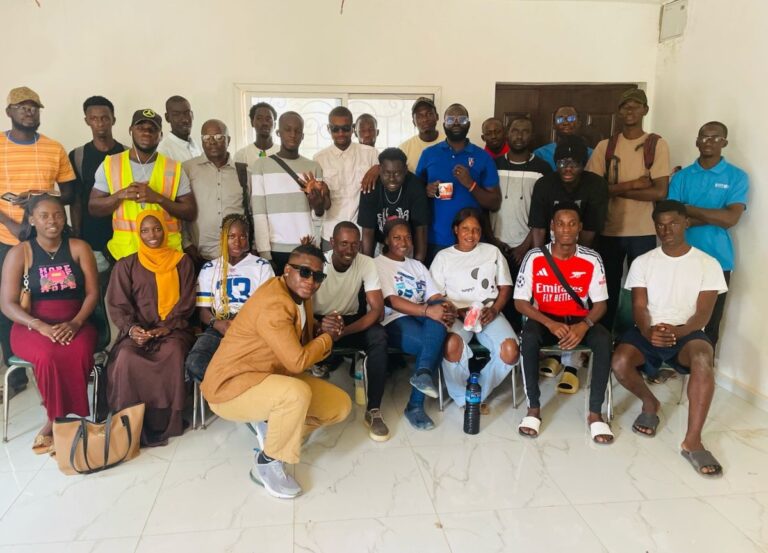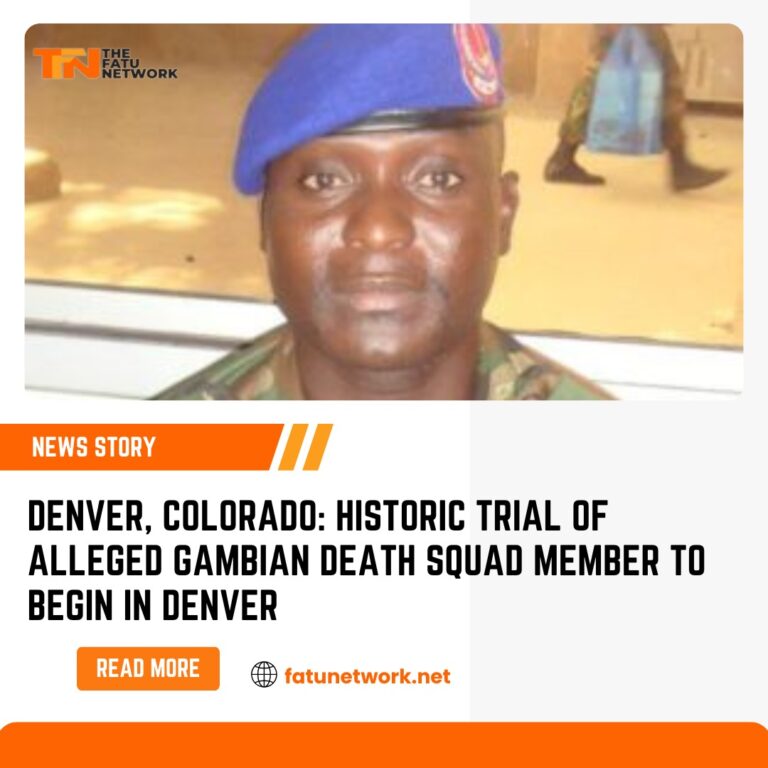By Mariama Jobarteh
This month marks 25 years since The Gambia’s darkest hour for student activism, the April 10th and 11th, 2000, student protest. Sparked by the rape of a 13-year-old schoolgirl by security personnel and the brutal tortured of a schoolboy resulting to his death, the peaceful student-led demonstration tragically ended in bloodshed. Live ammunitions were used against unarmed young people, killing fourteen, permanently maiming dozens, and leaving countless others deeply scarred.
A quarter of a century today, justice remains elusive. While some survivors grew up with trauma, poverty, and invisibility, others have passed away without receiving an apology, let alone reparations. And for many female survivors, the wounds go far deeper that the physical manifestations. Sexual violence left a legacy of shame, silence, and reproductive health complications that still affect their ability to work, to parent, to heal, and to contribute fully to national life. While the expectation for a simple apology fades for many, others still wait and hope in silence for some miracle. For victims and survivors, the slogan “Never Again” sounds hollow – a betrayal of those whose only demand was and continues to be, justice and dignity.
At a systemic level, the same structural issues that ignited the 2000 protest persist in The Gambia. Torture remains a tool for intimidation. Sexual violence, especially against schoolgirls, continues to be underreported and rarely prosecuted. The Truth, Reconciliation and Reparations Commission (TRRC)’s final Report highlights that youth were among the most targeted during former president Jammeh’s dictatorship regime. They faced torture, arbitrary detention, and sexual violence, especially within state institutions including the office of the President, prison and security services.
According to the 2019/20 Demographic Health Survey, only 9% of sexual violence cases experienced by women aged 15 to 49 in The Gambia were reported, reflecting the deep-rooted silence surrounding abuse. At Fantanka, the organisation I founded, we continue to see how girls are urged to stay quiet in the name of “family honour,” while schools and institutions prioritise reputations over protecting children, allowing perpetrators to go unpunished.
Anonymous reporting channels are virtually non-existent, and trusted guidance counsellors are rare. As a result, survivors face fear, retaliation, and stigma when speaking out. Without justice, women and girls carry compounded burdens. Survivors of April 10/11 who suffered sexual violence or trauma-related injuries face lifelong reproductive health challenges, including complications from untreated infections, pelvic damage, and PTSD-induced fertility issues. This directly limits their future economic potential, their ability to pursue education and become change makers.
Even in the post-Jammeh dispensation, The Gambia continues to see poor handling of youth-led protests that sends alarm bells only few in power seem to notice.
In November 2017, a group of young activists gathered at Westfield, a central hub in the Kanifing municipality, for a peaceful protest over the country’s persistent electricity and water shortages. Their permit, initially granted was later revoked, the protesters were eventually dispersed by riot police.
In July 2024, young Gambians protested the Judicial Officers’ and National Assembly Members’ Remuneration Bills, in what they perceived as self-interest by lawmakers while youth unemployment and poor education persisted, demanding national priorities that reflect the people’s needs, instead of political privilege.
In December 2024, students at the University of The Gambia (UTG) protested the dismissal of two senior lecturers, Dr. Alieu Gibba and Prof. Matarr Njie, who were accused of misconduct after publicly criticising university governance. Over 400 students were directly affected, prompting mass demonstrations demanding academic freedom and transparency in university decision-making. Police responded with tear gas, resulting in student injuries and heightened tensions.
When youths begin to lose trust in a system, protests like the April 10/11 demonstrations becomes a norm. Over 60% of Gambia’s 2.2 million people are below 25 years with 18 to 35-year-olds making up 58% of the countries registered voters, yet they continue to cry out for inclusion in shaping decisions that affect their lives.
The Gambia should learn from the trend across Africa, as a failure to delicately address youth grievances have always led to unrest. Nigeria’s #EndSARS movement, originally a digital campaign against police brutality, escalated into nationwide protests, with over 50 deaths, with the government’s violent response worsen public trust in governance. In Senegal, the 2021–2023 youth-led protests, sparked by opposition leader Ousmane Sonko’s arrest and fuelled by economic inequality, paralysed major cities, resulting in deaths and internet blackouts to suppress dissent.
However, there are also positive examples to draw from. In Rwanda, youth were placed at the centre of national healing efforts through civic education and community programs. Sierra Leone introduced a reparations programme that included microfinance opportunities for survivors and young people, although, limited political commitment and weak follow-through undermined its sustainability. In contrast, Liberia, despite having a strong truth commission, failed to prosecute warlords or fund reparations adequately, leading to youth apathy and ongoing cycles of trauma and mistrust. These experiences show that post-conflict healing and justice require political will, institutional reform, and inclusive strategies that empower young people as co-builders of peace and accountability.
The Gambia already has tools to guide redress efforts. The TRRC outlined clear recommendations, calling for a formal acknowledgement and apology to the survivors of April 10/11, 2000 alongside reparations that include healthcare, psychosocial support, and economic assistance. It also strongly emphasised the urgent need to prosecute perpetrators of human rights violations and initiating security sector reform with robust accountability frameworks.
Thus, for the transitional justice efforts to matter, “Never Again” must move from banner to blueprint, aspiration to implementation. Until we centre youth voices in national healing and justice, the frustration of April 10/11, 2000, will grow louder with each passing year.
Twenty-five years is too long to wait for justice. We must take the bold steps repair the damage, and now.
Written by Mariama Jobarteh, CEO/Founder of Fantanka, a public health professional and advocate for gender justice, juvenile justice, mental health, and transitional justice in The Gambia

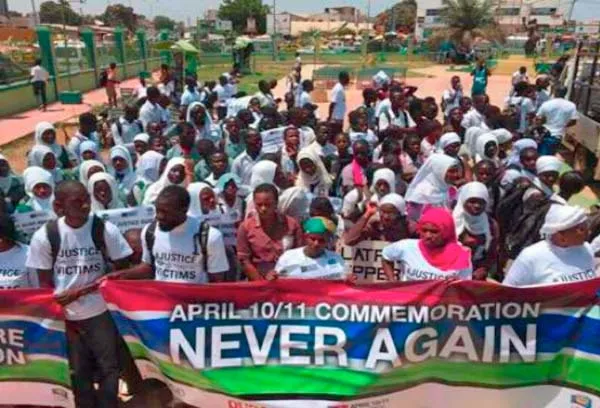

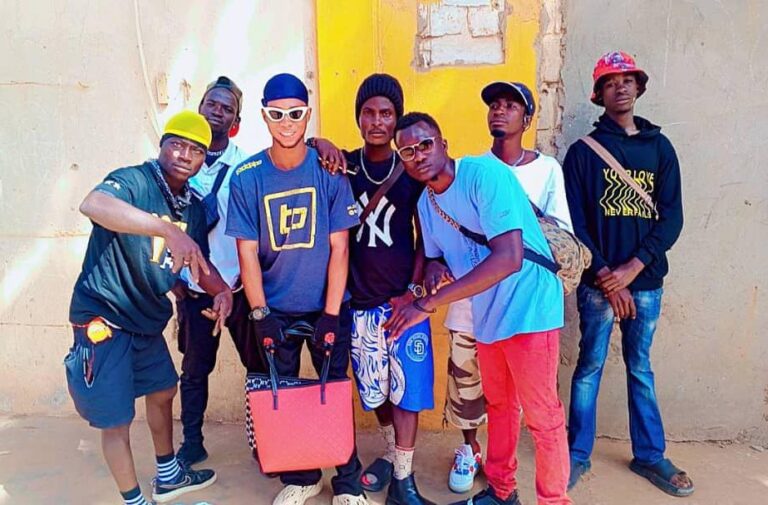
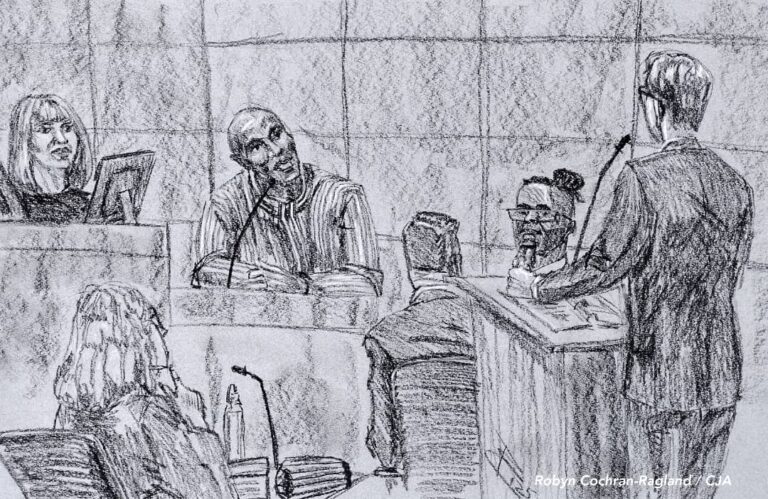
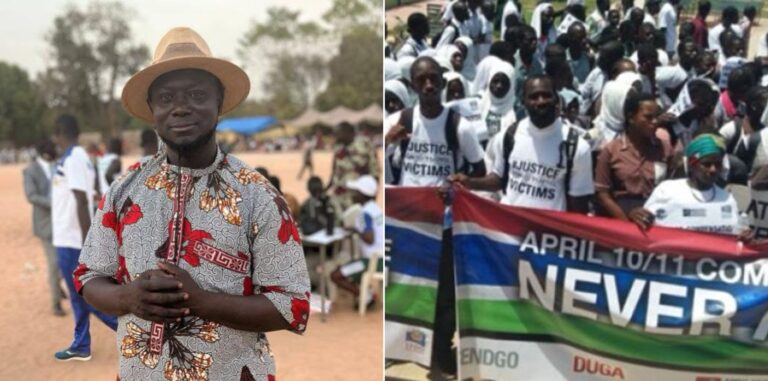
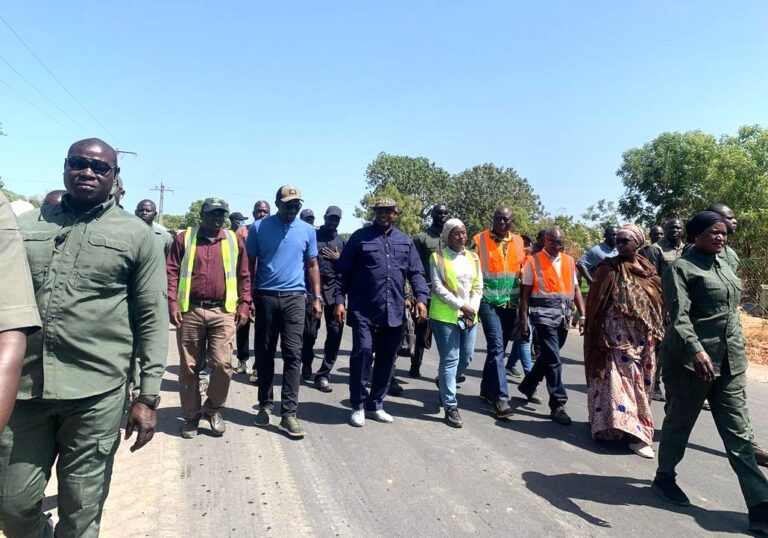
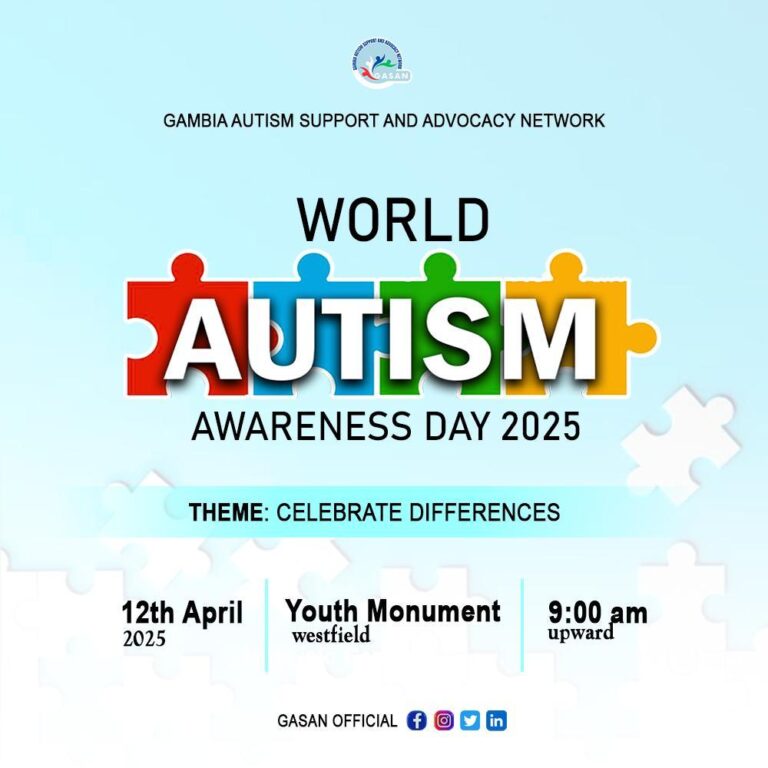
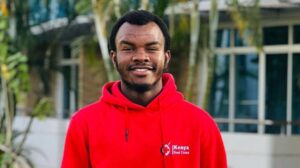 Abdou Majid Jallow, the National Coordinator for Gambia Autism Support and Advocacy Network (GASAN)
Abdou Majid Jallow, the National Coordinator for Gambia Autism Support and Advocacy Network (GASAN)